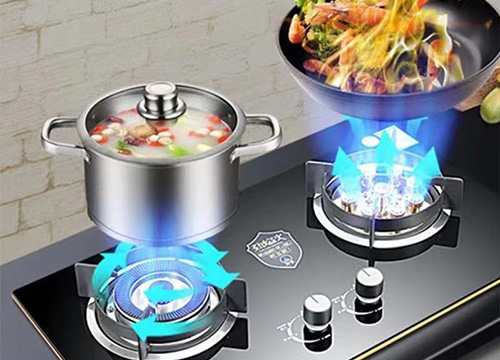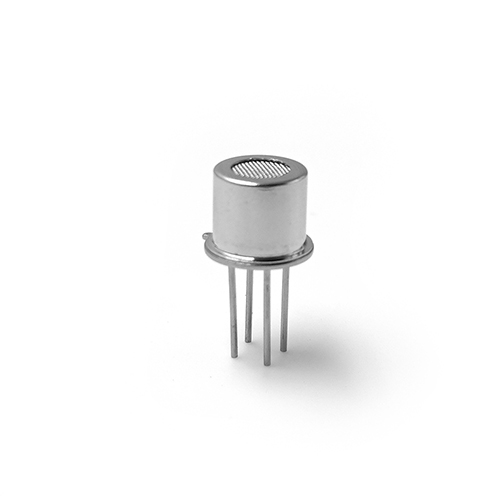Should you install combustible gas alarm or CO alarms for home gas monitoring?
Installing a Combustible gas alarm is an effective and simple way to determine whether gas is leaking, and is an important line of defense for home gas safety. With gas safety being widely emphasized, the installation and use of gas alarms in residential homes is becoming more and more common.
Home Combustible gas alarm are small in size and light in weight, and can be directly affixed or hung in the kitchen in a suitable location. However, in actual use, many users have encountered obviously no gas leakage, the alarm but the phenomenon of chaotic ringing.

Why do home Combustible gas alarm produce false alarms?
From the user side, the use of many factors in the process will lead to alarm “failure”.
Cooking. Cooking process volatile wine, moldy produce odor ingredients such as eggs, simmering flavor punchy Chinese medicine, etc., will have an impact on the alarm. In addition, cooking process fumes, particulate matter, etc. will also be attached to the alarm, affecting the sensitivity of the alarm.
Steam and moisture. In northern winter, water vapor is often oversaturated in the kitchen, and condensation may also trigger false alarms.
Improper installation. When the alarm is too close to the gas stove, the internal sensors are susceptible to interference from high temperatures, high humidity and diffusion of unburned gas, which can also cause false alarms.
From the manufacturing side, the alarm production process, sensors, hardware circuitry, software processing programs and other reasons may cause false alarms.
General combustible gas sensors on the market can basically meet the daily use of alarms, but different models of sensors in the anti-interference performance there are relatively large differences.
When there are interference gases (ethanol, acetic acid, etc.) in the air, the output signal of the sensor with poor interference resistance is the same as the output signal when there is a certain volume fraction of methane gas in the air, which will lead to false alarms. Therefore, choosing the right sensor is the key to ensure the anti-interference performance of the alarm and reduce the false alarm rate of the alarm.
Household Combustible gas alarm special sensor FS01200A
Hot-wire type gas sensor consists of two parts, the sensitive element and the compensation element, the compensation element compensates to a certain extent for the influence of the ambient temperature and humidity on the output signal of the element, so that the element has excellent anti-interference performance. Compared with traditional types of gas sensors, the reliability of hot-wire sensors is greatly improved.
The hot-wire type gas sensor FS01200A, which employs a grid-distributed Mos (metal-oxide-semiconductor) nano-porous ultra-stable structural substrate based on grid distribution and pinned-bound catalyst doping and load-bearing technology, demonstrates optimal performance advantages in terms of lifetime, accuracy, linearity, and reproducibility, and can be used for the detection of the concentration of combustible gases, such as natural gas, liquefied natural gas, and coal gas.
Among the reasons for sensors, poor anti-interference performance is the most important reason leading to false alarms, choosing a gas sensor with superior performance can directly and effectively reduce the alarm false alarm rate. Hot-wire type gas sensor FS01200A also provides a new choice for high-end household gas alarms.






